
Torments, Torture Chambers, Executions: T4P Initiative Presents Two Submissions to the International Criminal Court
Information about extrajudicial executions of Ukrainians by the Russian military and Russian torture chambers in...
28 September 2023
We are publishing the preliminary results of Local Human Rights Index monitoring missions in regions bordering the armed conflict zone
At the end of January UHHRU Local Human Rights Index team announced plans to conduct a series of monitoring visits to settlements which have been affected by the armed conflict or which are situated in close proximity to the armed conflict zone. Seven settlements in Dnipropetrovsk, Donetsk and Sumy oblasts were selected.
As the object of our study, we chose the quality of life, which is among the fundamental human rights according to the instrument’s methodology. This group of rights is especially relevant now for conflict-affected settlements.
Now we are ready to publish the first monitoring results.
In Toretsk, Donetsk Oblast, located several kilometers from the demarcation line, the situation is particularly dire. Infrastructure damaged in the course of hostilities is not yet fully restored. Local self-government is carried out by a civil-military administration, which sets additional conditions for the monitoring. The monitors noted the authorities’ reluctance to talk, perfunctory replies to public inquiries, insufficient competency in reporting work results, and standing issues in the budgetary and social policies.
Only at the public event, the authorities agreed to provide us with more detailed information for finalizing the monitoring visit’s results.
The issues studied led us to conclude the following:
The final monitoring report will be prepared within several days, but it already appears that local authorities in Toretsk cannot be considered a competent community.
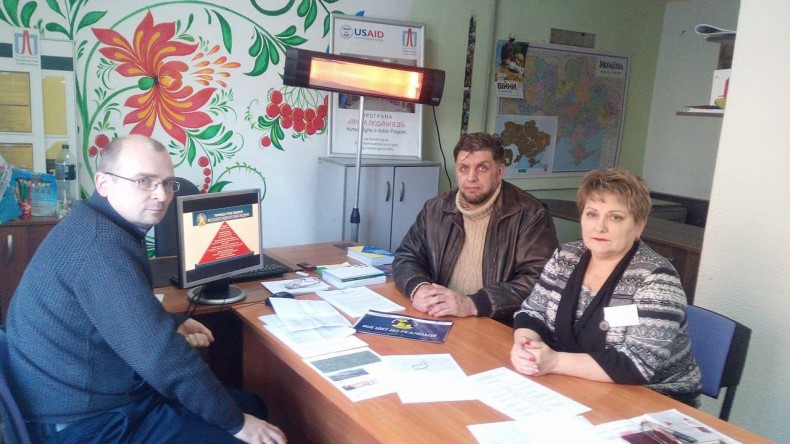
The situation looks better in Pokrovsk, Donetsk Oblast.
Monitors get the impression that local authorities are sufficiently qualified to ensure the proper quality of life. No aspect of monitoring yielded zero results.
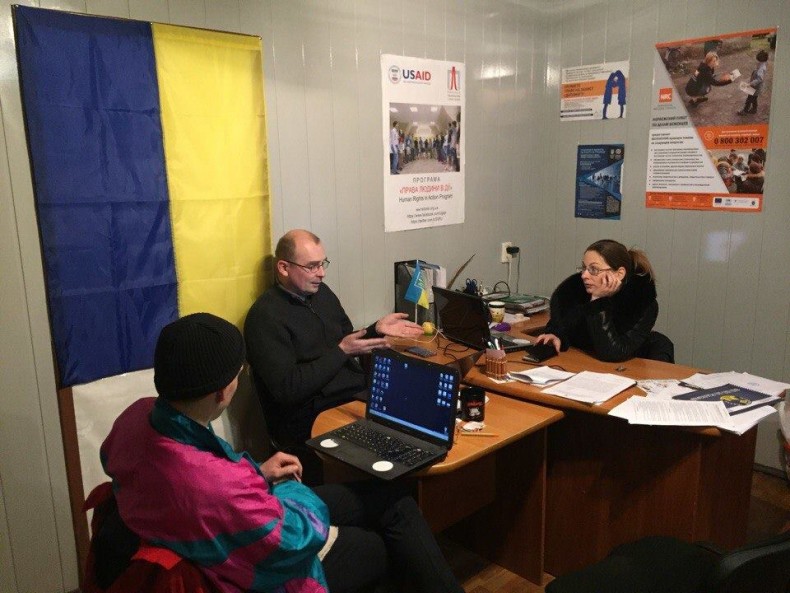
However, several indicators drove down the final score. Out of the maximum possible 8, local authorities only got 3.
The good included cooperation with various services, availability of information on the social services website, work of the hotline of Pokrovsk authorities, provision of homes to orphans, compensation of housing and utility services (for doctors and interns), as well as support for energy efficient renovation of dwellings. Self-government also supports local residents and IPDs, who are provided with social homes and various state services.
As for the bad, we can name an overly ambitious social development program for such a small city, which makes it vague and unfeasible. The program was found impractical.
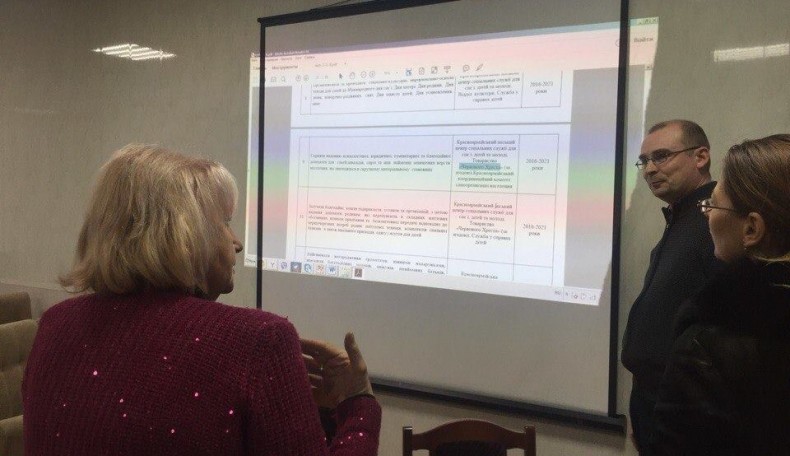
In addition, insufficient coordination with the public was observed. For instance, as regards the efforts to help the homeless, the authorities failed to convince monitors of their systemic work to provide social and medical care, warm living conditions and food, their replies being rather vague. At the same time, at the public event, a civil society organization that actively works in this area reported a number of successful projects, which, as it turns out, was news to the authorities.
Following the results of the visit to Pokrovsk, it was decided to re-evaluate the work of housing enterprises and support of homeless people, and either raise the score in the final report or leave it as is.
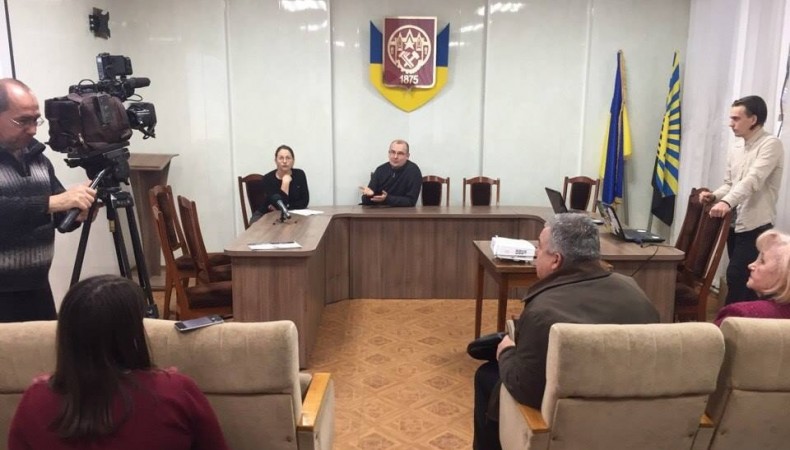
All in all, regional conditions are characterized by the inability of local authorities to work together with the public and the need to step up organizational efforts for holding public events. The events for discussing the results could have used more representatives of local authorities (in both cities) and the public (in Toretsk). In light of this, we have decided to put extra effort into disseminating the final monitoring report.
The Local Human Rights Index is a mini-project of the Ukrainian Helsinki Human Rights Union aimed at supporting decentralization reform.
The development of the monitoring system involved a group of experts on human rights and local self-governance. The modern international models of human rights have been worked out and evaluated, the best foreign and domestic practices of monitoring human rights at the local level are generalized, the specifics of the development of local self-governments’ powers in the process of reform are taken into account.
Andriy Halay, Prof., coordinator of Local Human Rights Index
Artem Bezruk, monitoring coordinator in Pokrovsk
Volodymyr Yelets, monitoring coordinator in Toretsk
If you find an error on our site, please select the incorrect text and press ctrl-enter.

Information about extrajudicial executions of Ukrainians by the Russian military and Russian torture chambers in...
28 September 2023
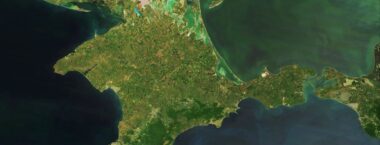
On April 4, 2023, the Cabinet of Ministers of Ukraine (CMU) approved Order No. 288-r,...
03 May 2023
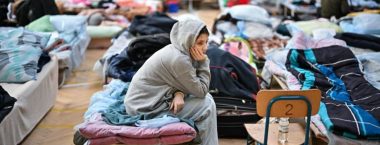
Since the beginning of the full-scale Russian invasion of Ukraine, about 150,000 civilians who fled...
17 October 2022
Taras Shevchenko National University of Kyiv and its student community in cooperation with leading Ukrainian...
13 September 2022